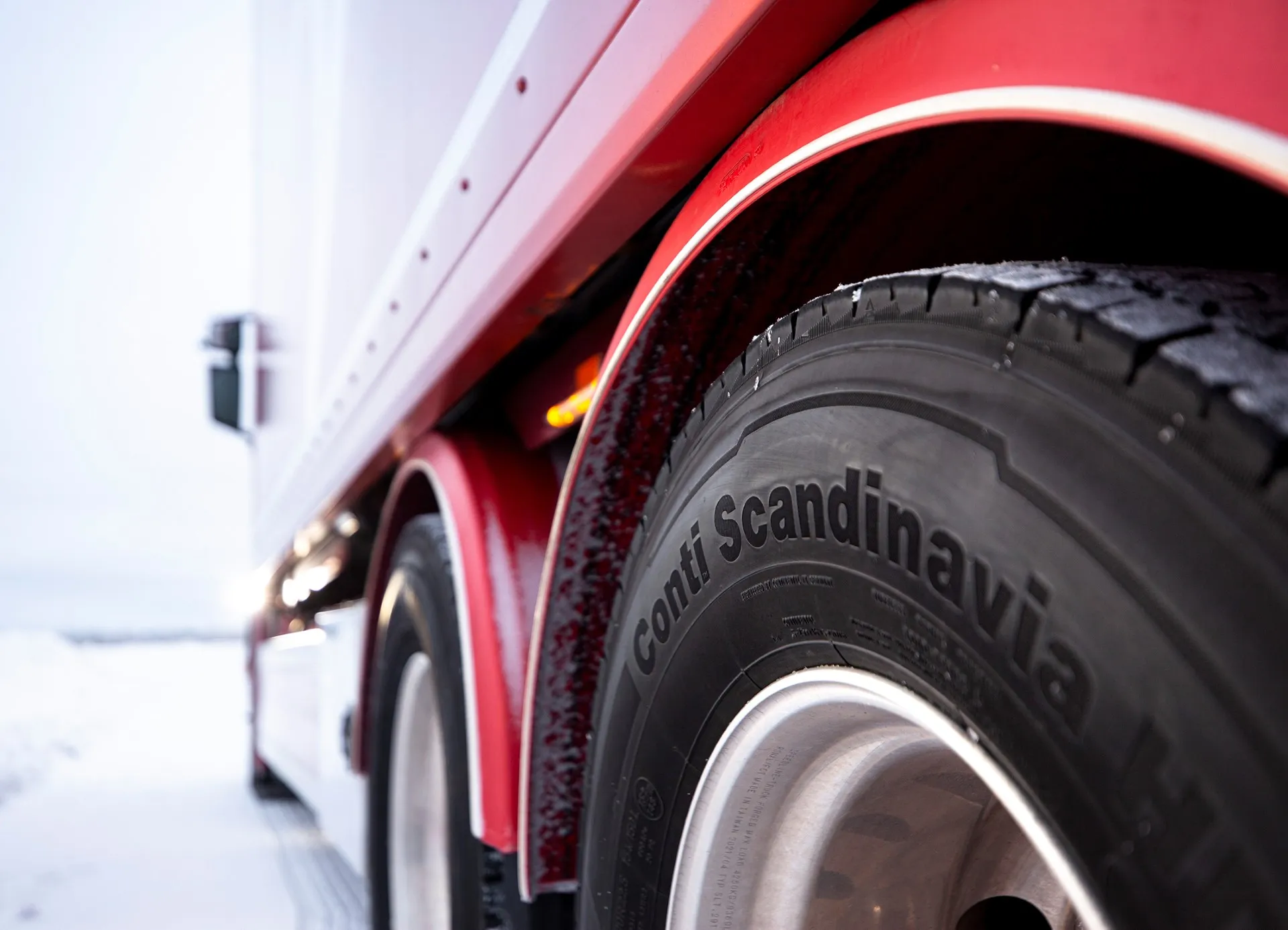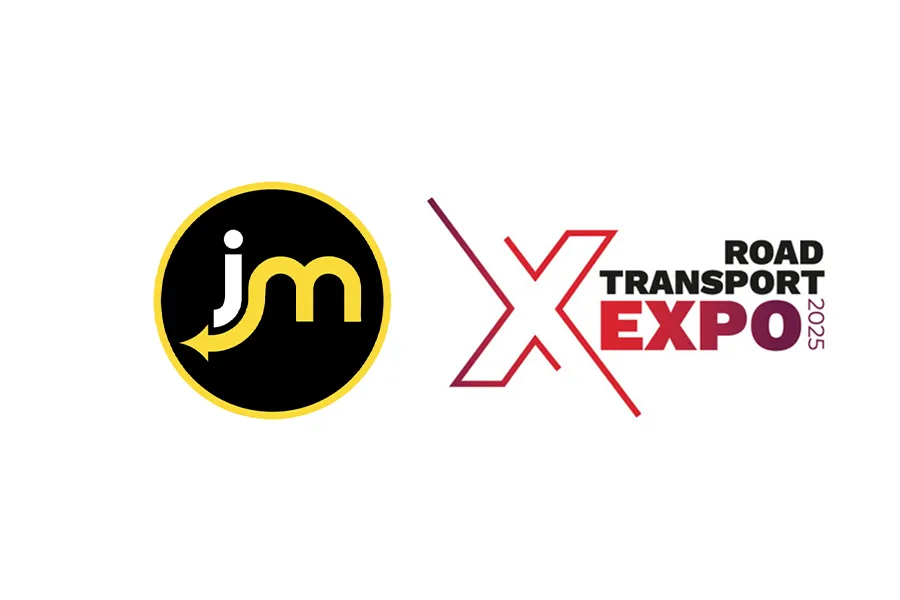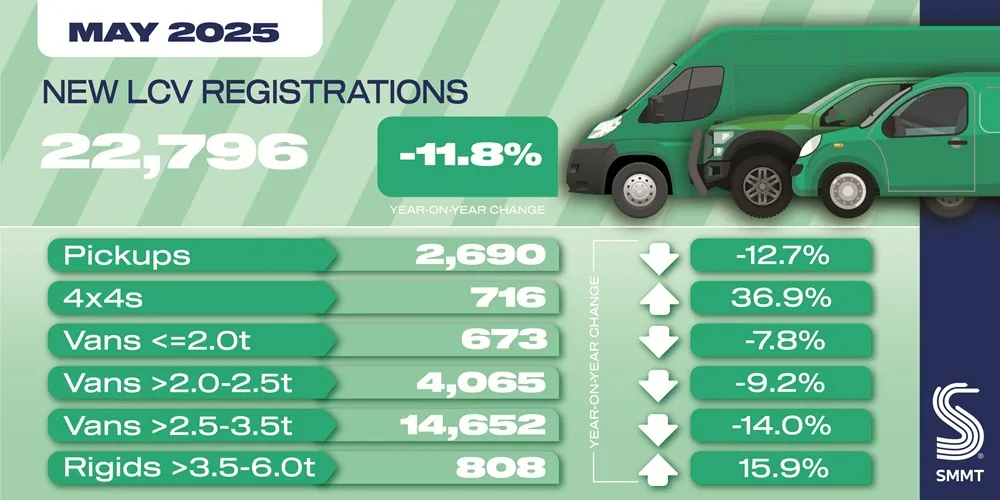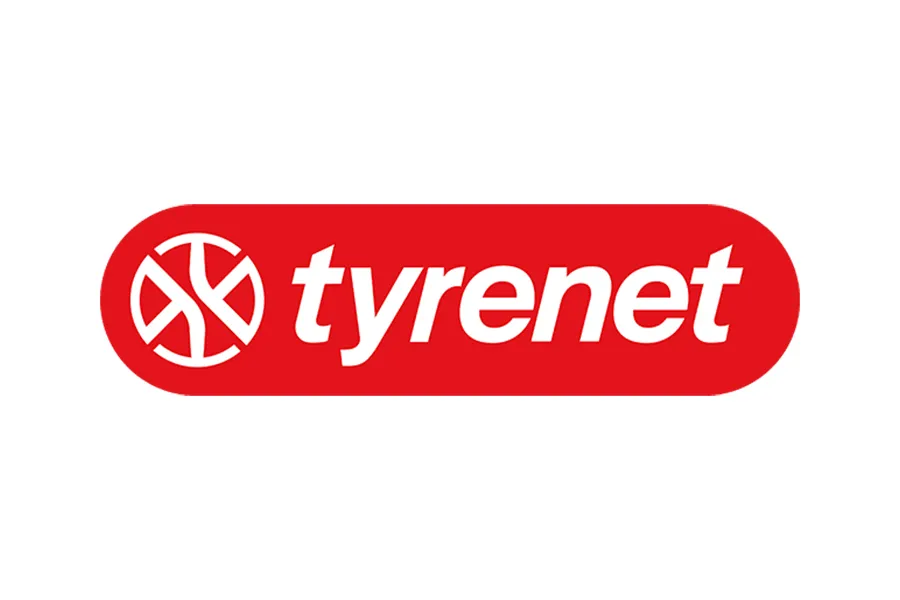Driving safely on snow and ice: the latest winter tyre regulations for commercial vehicles
Continental summarises updated Winter Tyre Regulations in 38 Countries
Continental has once again compiled the latest winter tyre regulations for commercial vehicles from 38 countries – including changes made for winter 2023/2024. The legal regulations governing winter equipment for trucks, buses and vans work differently in different countries. Continental will publish the applicable legal recommendations in the autumn, giving fleet managers, bus and truck drivers a clear overview of the latest winter regulations in the countries in which their vehicles operate.
Differences in Winter Regulations according to Weather Conditions
In countries such as Great Britain, Hungary, the Netherlands, Poland and Portugal, there is still no general obligation to fit winter tyres on commercial vehicles. However, in Germany trucks of 3.5 metric tonnes and above must use 3PMSF tyres on the steering and drive axles. In Italy, mandatory winter equipment is indicated by road signs on some roads, while in countries such as Bulgaria and Latvia a minimum tread depth is prescribed. In addition, Scandinavian countries such as Sweden stipulate that vehicles over 3.5 metric tonnes must use tyres marked 3PMSF or POR, or studded tyres, on the front and drive axles, as extreme weather conditions are frequent. The use of M+S tyres will only continue to be permitted in this geographical area until 30 November 2024.
Changes in France, Iceland, Kosovo and Switzerland
In France, winter equipment is now mandatory on specially designated roads. From 1 November to 31 March, N1/N2/N3 vehicles with trailers must be equipped with removable anti-skid devices, such as snow chains for at least two driven wheels. There will be a transition period until November 2024 for M+S tyres already in use. Vehicles with a permissible gross vehicle weight of less than 3.5 metric tonnes may run on studded tyres from November to March, provided that they do not exceed a maximum speed of 90 km/h.
Winter tyres are not compulsory in Iceland. From 1 November to 14 April, tyres must have a minimum tread depth of 3 millimetres. Snow chains are prohibited if they are likely to damage the roads. The use of studded tyres is allowed in Iceland from 1 November to 14 April.
As for Kosovo, transport vehicles with a maximum permissible gross vehicle weight of 3.5 metric tonnes must use winter tyres with an M+S mark on all wheels from 15 November to 15 March. Buses and transport vehicles with a permissible gross vehicle weight of more than 3.5 metric tonnes must use snow chains or winter tyres (marked M+S) on the drive wheels. In addition, snow chains may also be used on this wheel type, but studded tyres are prohibited.
Winter regulations in Switzerland have been updated and now allow the use of snow chains on suitable roads with the correct signage
Conti Scandinavia Tyre line-up offers Year-round Safety
This tyre line offers tyres for all axle positions and uses a special two-stage siping technology. In winter, this provides safe performance and, in summer, the result is fuel economy, optimised rolling resistance and high mileage capacity. Both aspects have a direct effect on fleet efficiency.
Continental’s brochure “Face the winter with confidence” provides useful information on all aspects of commercial vehicle tyres for the coldest months of the year. As an international provider of solutions and services, the company offers a wide range of premium winter tyres, including a large number of retreads.








